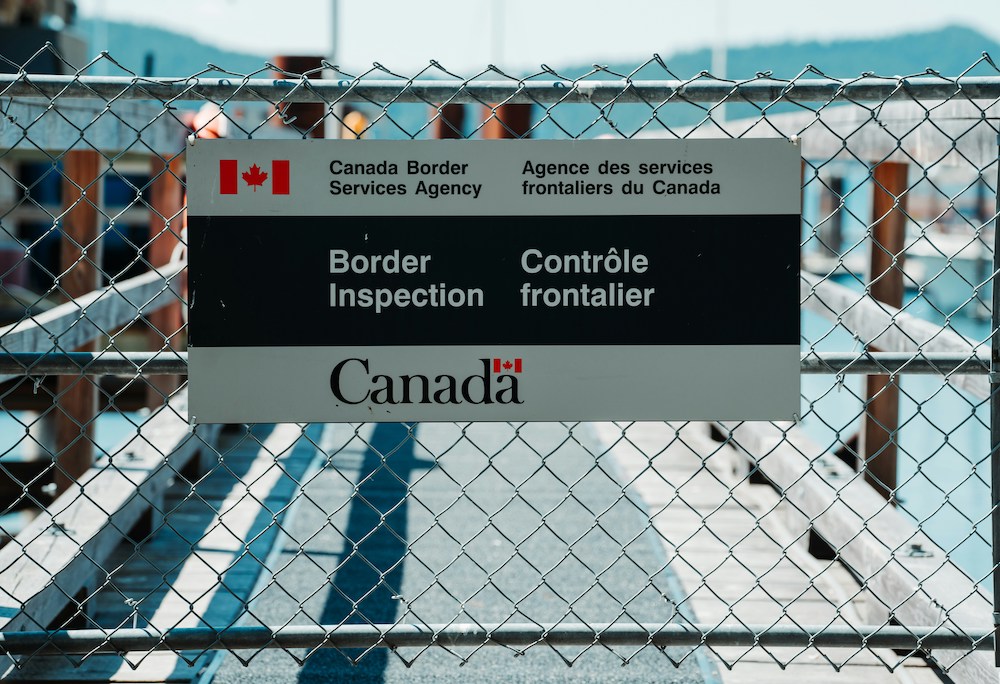Is international travel to the U.S. really collapsing—or just changing?
As headlines shout about collapsing travel demand and anti-American boycotts, the question echoing through boardrooms and ballrooms alike is urgent: Is international travel to the United States really in free fall? For the meetings and events industry—an ecosystem that thrives on international collaboration and cross-border attendance—the answer isn’t just academic. It’s existential.
Yes, the numbers tell a mixed story. Recent reports have noted a 5% year-over-year dip in international travel to the U.S., with some markets—particularly Canada—showing sharp declines. Canadian ticket sales for summer travel, for instance, are down a striking 21%, a protest clearly tied to political rhetoric and tariffs. Land crossings from Canada, once a dependable source of steady traffic for destinations like Niagara Falls and Seattle, have plunged by nearly half at some border points.
That’s not just a stat. That’s lost room nights, canceled conference registrations, and empty exhibit halls.
And yet, talk of a full-scale collapse is premature. A deeper dive into the data shows a more nuanced picture. The New York Times analysis of U.S. entry data reveals that international arrivals are mostly holding steady. The 10% drop in March? Largely a calendar quirk—Easter landed unusually late. In fact, April numbers suggest the seasonal travel rebound is on par with previous years.
This push and pull—between fears of decline and pockets of resilience—is what’s defining the current moment for international meetings and event planning in the U.S.
So, what’s really happening?
A Crisis of Sentiment, Not Infrastructure
While the hard numbers haven’t cratered, the perception of the U.S. as an unwelcoming or risky travel destination is spreading. International attendees—especially those from visa-restricted countries—cite real concerns about border treatment, political hostility, and personal privacy. Incidents of travelers being detained or having phones searched have made global headlines. Scholars, scientists, and even corporate leaders are quietly declining U.S. invitations in favor of events elsewhere.
This sentiment shift is no small matter. Events rely on trust: that attendees can cross borders without humiliation, that presenters can plan months ahead without visa uncertainty, that venues can promise a welcoming environment.
The Impact on Meetings and Conferences
We’re already seeing the consequences. Conference organizers report a dip in international abstracts, fewer global sponsors, and smaller delegations from Asia, Europe, and Oceania. Australian academics, for instance, have openly cited border anxieties as a reason to avoid U.S.-based events, even when it hinders career advancement. Some U.S. citizens working abroad now think twice about re-entry complications just to attend a meeting in their own country.
This doesn’t just affect event turnout—it diminishes intellectual diversity, global collaboration, and the very essence of international gatherings.
FURTHER READING: A PLANNERS PLAYBOOK FOR UNPREDICTABLE TIMES
What the Industry Can—and Must—Do
We can’t afford to shrug this off. The meetings and events industry must lead with solutions. Organizers need to provide clearer, more accessible guidance on visa policies and border procedures. Professional associations should advocate for smoother entry protocols, especially for academic and research-based events. And event planners must double down on inclusivity—offering hybrid participation options, championing open exchange, and creating environments where all attendees feel safe and welcome.
For international-facing events, it may even be time to consider co-hosting in more globally neutral destinations—at least until confidence rebounds.
Travel to the U.S. isn’t collapsing. But the global perception of the U.S. as a preferred destination is under serious strain—and that’s no less dangerous. For an industry built on openness, connection, and shared knowledge, that perception may be the most important trend to watch.
If we want the world to keep coming to our conferences, our convention centers, and our cities, we need to make it clear: The door is still open—and we’re ready to welcome them
Any thoughts, opinions, or news? Please share them with me at vince@meetingsevents.com.
Photo by Hermes Rivera on Unsplash





